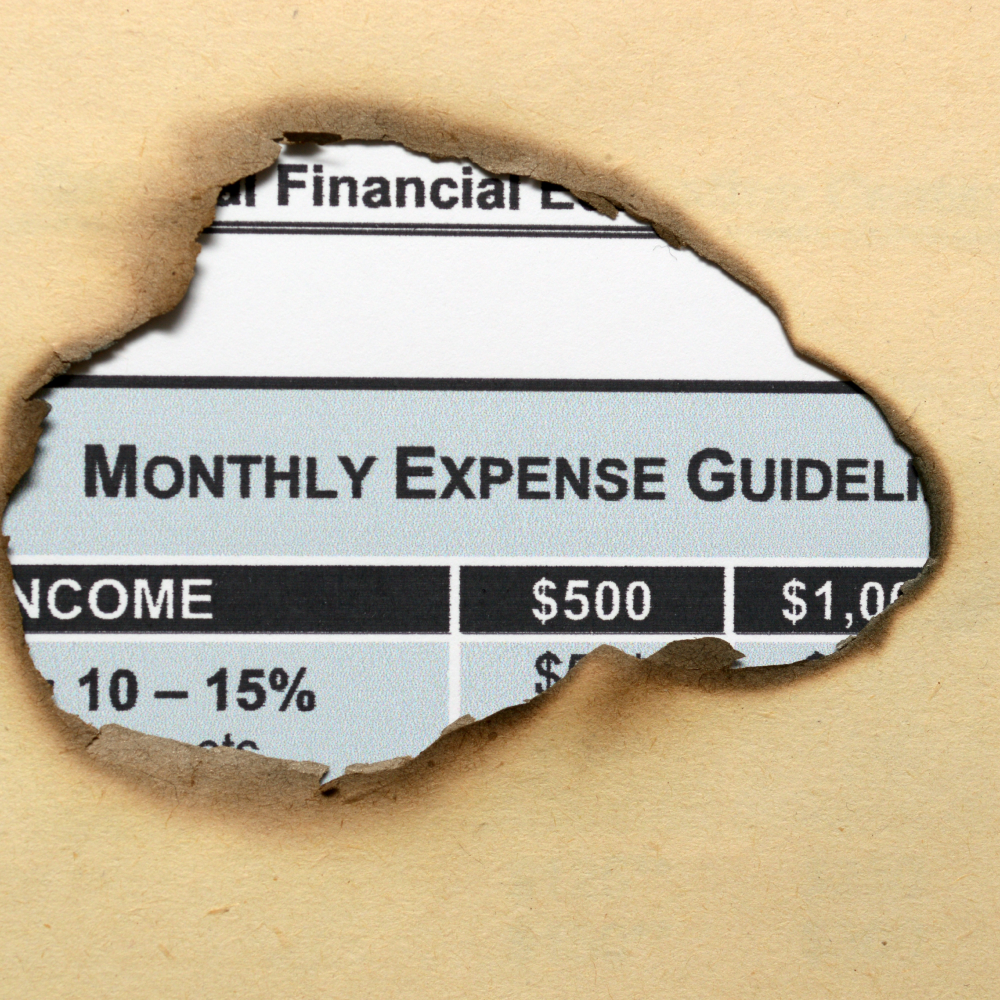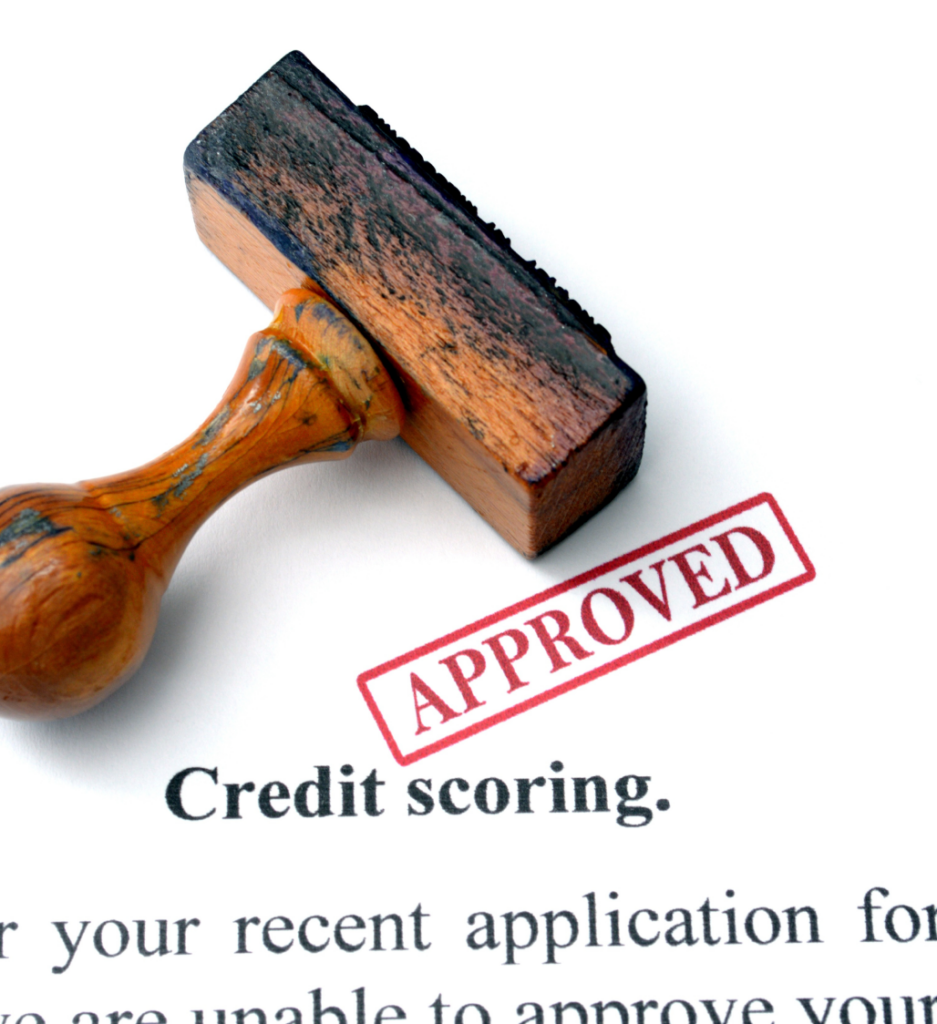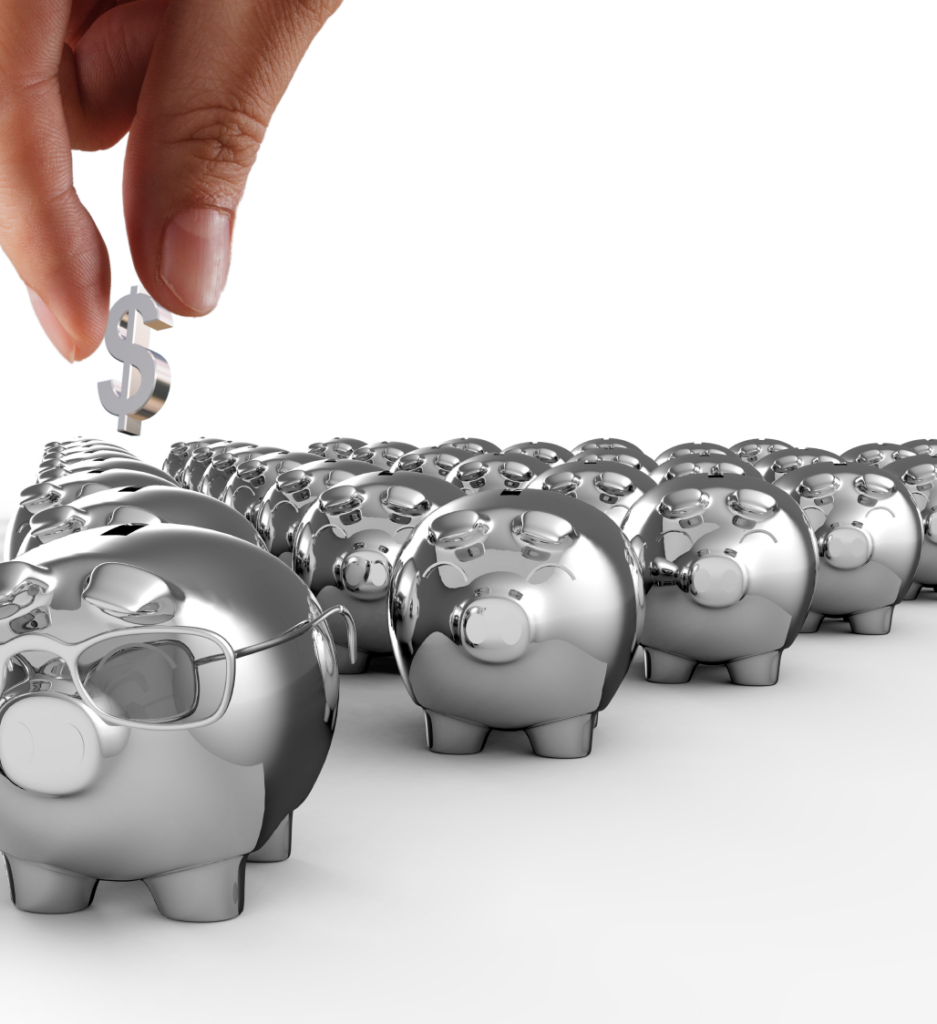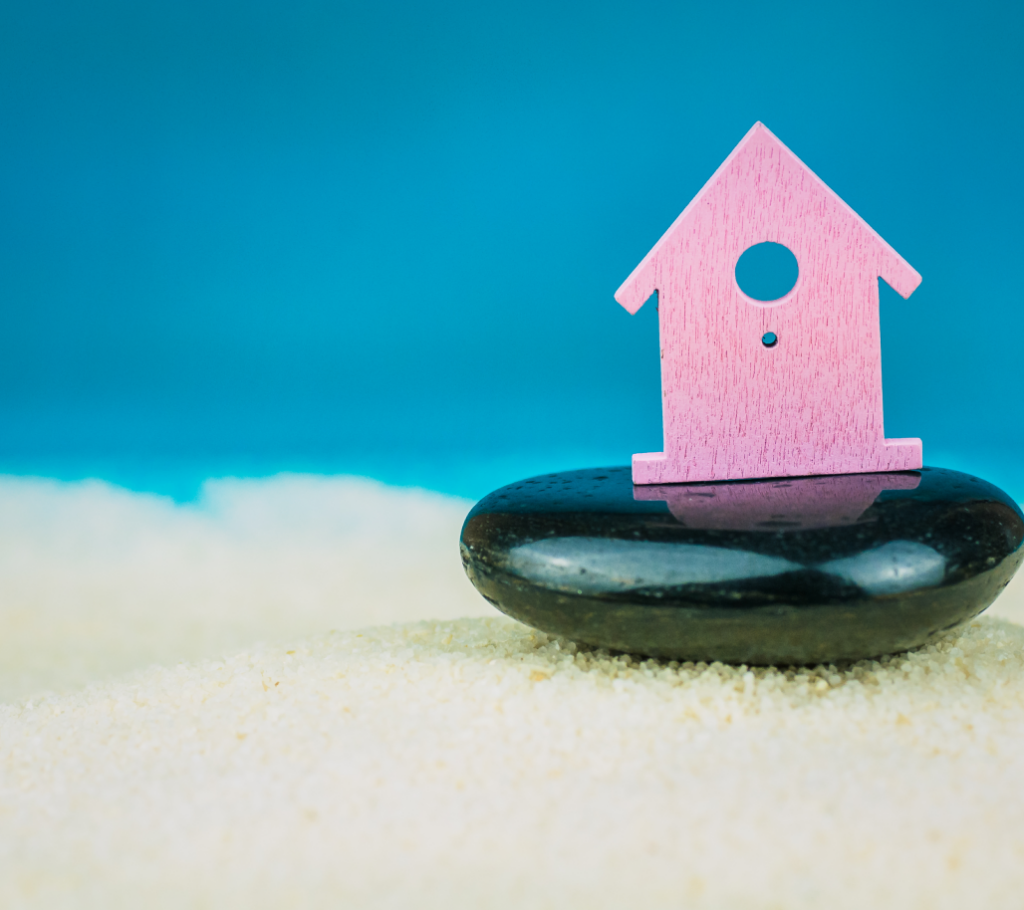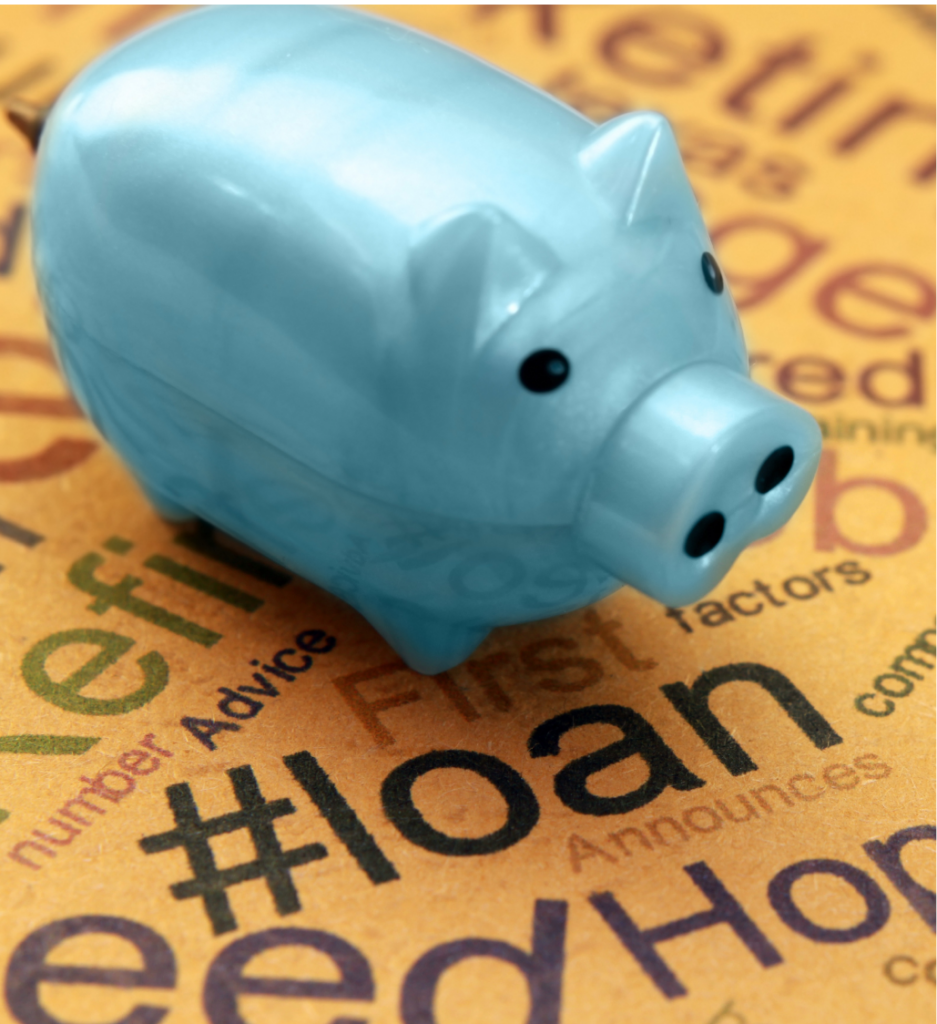How Do Personal Loans Affect Your Credit Score?

Perhaps you’re planning for a home renovation this summer. You might be financially strapped with huge medical bills. Maybe you’re trying to see how the numbers add up as you figure out how you’re going to pay for your daughter’s private college tuition in the fall.
This is where a personal loan can come in handy in these instances. Many people like you take out personal loans to overcome various forms of debt. As a matter of fact, in 2019, Americans reportedly took out personal loans at a faster rate than auto loans, mortgages, credit cards, and student loans. Personal loans are the fastest-growing debt category, according to a 2019 Experian study.
What is a Personal Loan?
Different from a home mortgage or an auto loan, which are designed for specific purposes, personal loans are consumer loans that can be applied to practically anything you want. For example, you could take out a personal loan to pay for medical expenses or for a wedding, or to start a new business.
Because personal loans typically have lower interest rates than credit cards, most people use them to pay off credit card debt or other high-interest debt. These loans are usually touted as debt consolidation loans. However, because personal loans are unsecured – you don’t have to put up any collateral – their interest rates are higher than those for secured loans like auto loans or home mortgages.
You can secure a personal loan from a credit union, a bank, or an online lender. The loan terms you qualify for will vary depending on your credit score, the amount you are wanting, and other factors. If you have a good credit score, you most likely will be approved for a personal loan in a very short period of time – within days.
How a Personal Loan Can Improve Your Credit
Depending on how you utilize them, personal loans could boost your credit score in the following ways:
Assist you in building a payment history — Making your personal loan payments on time helps to establish a positive payment history, and that can increase your credit score. What is important is to make the loan payment in full and on time every month.
Contribute to a better credit mix — Having a variety of different types of credit serves you well when it comes to boosting your credit score. A personal loan is an installment loan – meaning you pay it off in regular monthly installments. If the majority of your credit is revolving credit, such as credit cards, a personal loan can enhance your credit mix.
Reduce your credit utilization ratio — Because it is an installment loan, a personal loan does not factor into your credit utilization ratio, which measures how much of your available revolving credit you’re using. Utilizing a personal loan to pay off revolving credit, like credit card debt, can help you improve your credit score by replacing revolving debt – which factors into your credit utilization ratio – with an installment loan – which does not.
How a Personal Loan Can Hurt Your Credit
While there are ways that a personal loan can increase your credit, there are also some downsides. Here is how taking out a personal loan can negatively impact your credit score.
Becoming deeper into debt — When you take out a personal loan, you are getting yourself into more debt. If you opt to use a personal loan to pay off higher-interest debt, it is important to make sure you also change the habits that put you into debt in the first place.
For example, if you use a personal loan to pay off a maxed-out credit card, and then you begin charging that store credit card again, then you’re back where you started from and you’ll need to take out another personal loan to pay off that same credit card.
Creating an inquiry on your credit report — When you take the action of applying for any type of credit, and that includes a personal loan, lenders will do a credit check on you. The result is a hard inquiry on your credit report. That negatively affects your credit score.
The drop from a single hard inquiry lasts just a few months, but too many hard inquiries can do more damage to your credit score. If you’re applying for personal loans from multiple lenders to obtain the best terms, consolidate your applications into the span of a week or two to minimize their negative impact on your credit score since credit scoring models view this as rate shopping and do not ding your credit for it.
Additional fees — Along with the interest you’ll pay on a personal loan, remember the loan costs such as origination fees or late fees. Be sure you understand all of the fees involved before applying. If necessary, consider borrowing enough to cover the fees.
Other Personal Loan Factors that Could Affect Your Credit Score
There are some additional specific actions that you can take related to personal loans that can have a bearing on your credit score. Here they are.
- Applying for a Personal Loan
When you apply for a personal loan it triggers a hard credit check, which is a more thorough evaluation of your credit history. This inquiry can decrease by as much as five to seven points off your FICO credit score. New credit applications account for 10 percent of your credit score.
A hard inquiry usually remains on your credit report for two years but only affects your score the first year.
- Repaying Your Personal Loan
Both FICO and VantageScore, two different credit scoring models, consider payment history the most important factor in calculating credit scores, making up 35 percent to 40 percent of your score.
The vast majority of online lenders report repayment activity to one or all three national credit bureaus – Equifax, Experian, and TransUnion. Working with a lender that reports to all three can mean more consistency across your credit reports.
- Missing a Loan Repayment
Missing a due date by just a couple of days will not affect your credit. But payments toward your personal loan that are more than 30 days late may be reported to the credit bureaus. This could cause some major damage to your credit score.
It is advisable to create a budget that accounts for all your debt repayments, including your personal loan. This is sure to help you avoid missed payments.
- Consolidating Your Debt
Consolidating debts into a personal loan could improve your credit by lowering your credit utilization. Your credit utilization ratio – how much of your available credit you use – accounts for 30 percent of your overall credit score. Debt consolidation can simplify your finances and help lower your monthly payments so you can pay off the debt much faster.
Look to California Community Credit Union for Personal Loans
At California Community Credit Union, we have the financial experts who can guide you through the entire process for your personal loan in California. You won’t have to stress at all as we help you choose the perfect personal loan that fits your unique circumstances and personal needs.
Look to CACCU as your professional partner when it comes to selecting the right personal loan. We offer low loan rates and flexible terms.
We invite you to contact us today to get started.
you may also like
Credit Union Membership: What You Need to Know
Credit unions have become a significant part of the financial ecosystem by offering a range of products,…
How to Achieve Financial Wellness
In today’s fast-paced world, achieving financial wellness has become the foundation of personal success. Financial wellness does…






